Abbas issued decrees enabling new Prime Minister Salam Fayyad to rule without parliamentary approval.
The new government will exclude the president's Hamas rival, Ismail Haniya, who was sacked as prime minister last week after Hamas seized control of
Haniya has said the new government is illegal.
Haniya’s cabinet is a combination of independents and loyalists to Hamas and Fatah movements.
On Monday,
“Such a move would actually fuel more political convulsions in occupied
He added
He warned all Palestinian resistance fighters will definitely lose if the government is undermined.
“The formation of a government side by side with the legal government of Ismail Haniya will definitely harm
He called on the Palestinian groups to resolve their differences through dialogue and support the coalition government.
The conflicts between Palestinian groups would make happy only
Those major powers that squeezed the elected Hamas government since it took power in a democratic election, have now publicly backed the new Palestinian emergency government, offering aid and support to an administration without Hamas.
U.S. President Bush phoned Palestinian leader pledging to work with his new government, aides said as posted on the BBC News website.
The EU said it wanted to resume direct aid to the Palestinians, while
In a 15-minute phone conversation with Bush, Abbas told the
The U.S. Consul-General in
Israeli Prime Minister Ehud Olmert, who is to meet Bush in
And speaking at an EU meeting in
'Direct relationship'
The EU and
Speaking in
"It is very important that he is able to construct a budget, and through that budget he will be able to help people in
Solana added that the EU also planned to deliver economic aid to Palestinians in
"In order to help the Palestinian people in
The EU, the biggest donor to the Palestinians, continued to give emergency humanitarian aid during the ban on contacts with the former Hamas-led government.
The EU commissioner for external affairs, Benita Ferrero-Waldner, said the bloc would not immediately resume direct economic aid, but would instead wait for effective controls to be put in place.
There are already concerns that
PLO rejects offer for talks by Hamas
The Palestine Liberation Organization (PLO) headed by president rejected an offer for dialogue with Hamas on Saturday.
PLO executive committee secretary general Yasser Abed Rabbo issued a blunt rejection of the olive branch offered by Hamas political leader, Khaled Meshaal.
"I tell Meshaal that there can not be dialogue with those who commit massacres in
Meshaal said on Friday that Hamas still recognized Abbas's authority and called for renewed talks under Arab auspices to recreate a united administration for the Palestinian territories.
He said his movement's violent takeover of the Gaza Strip was only a bid to resolve a conflict over security powers between the rival factions, which formed a unity government earlier this year.
Hamas gunmen overran the mainstream security forces loyal to Abbas's secular Fatah faction in the Gaza Strip on Friday after a week of bitter internecine fighting that killed more than 110 people.
Abed Rabbo said the PLO has also rejected an Arab League decision to dispatch a commission to investigate Hamas's seizure of power in
"We reject the Arab inquiry commission. This is a flagrant intervention in our affairs," he said.
The PLO, which unites the main Palestinian national movements led by the secular Fatah movement, is the central body of the Palestinian Authority and is headed by President Abbas.
Arab foreign ministers decided following crisis talks on Friday to set up a commission to investigate the deadly factional dispute which left Hamas in full control of the Gaza Strip, after routing Fatah forces.
The commission, which includes key regional power players


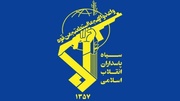
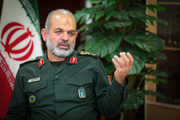
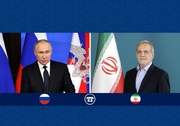
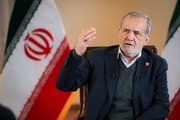

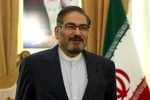
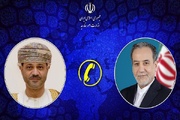
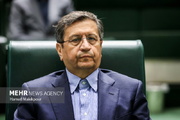
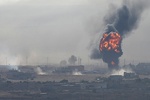
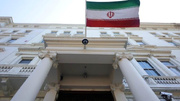
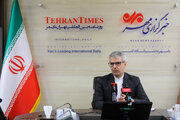




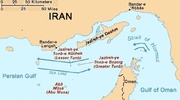



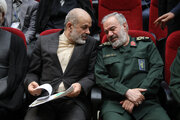
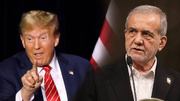


Your Comment